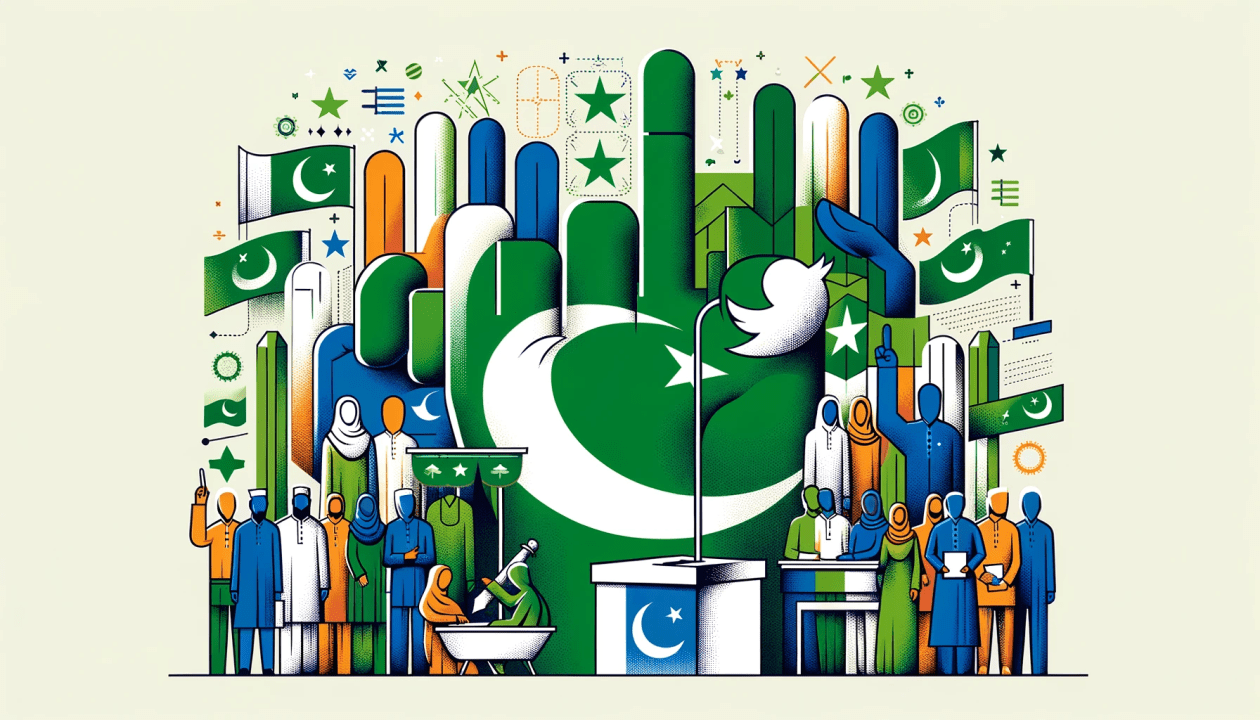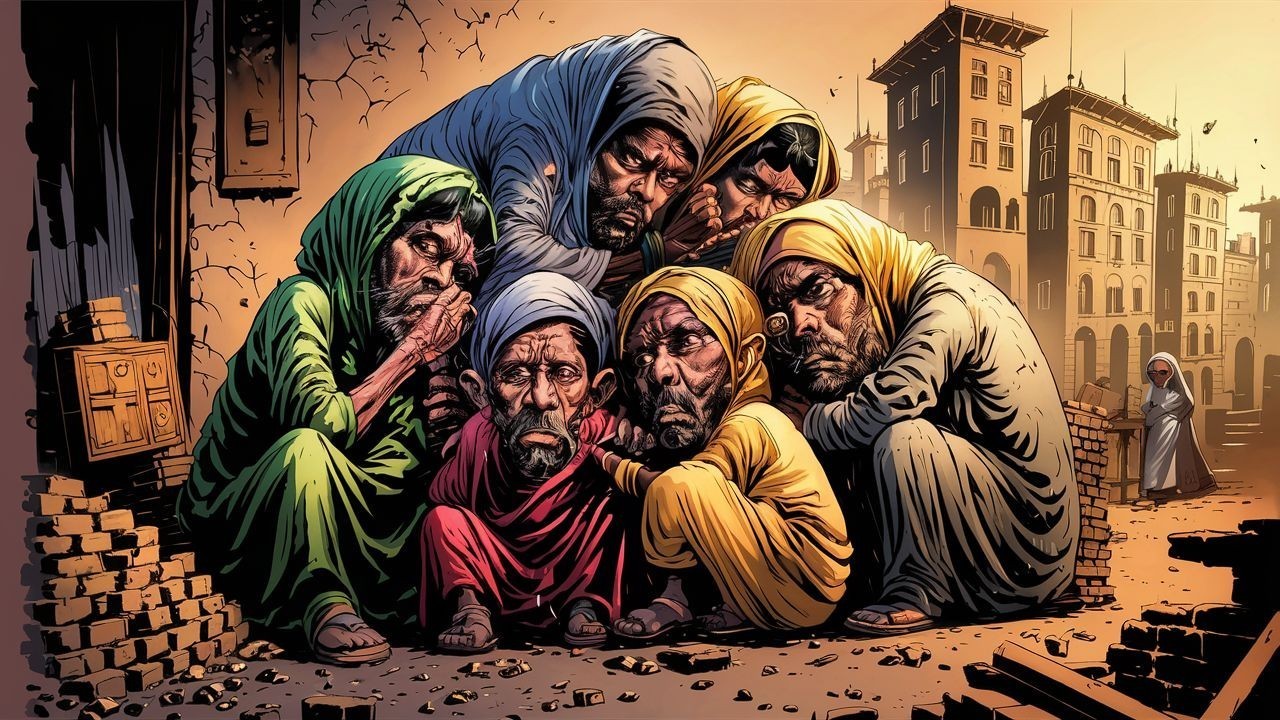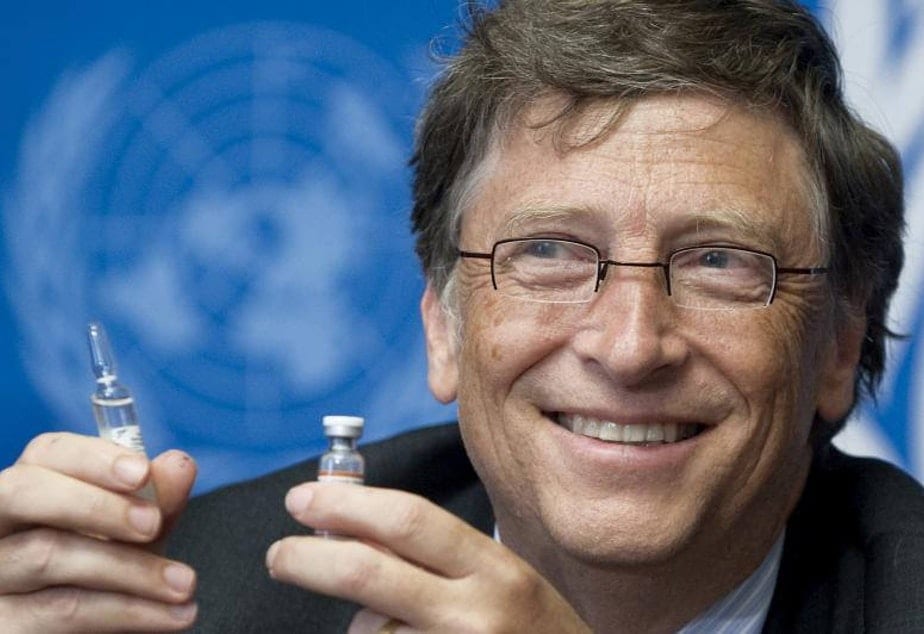Islamabad, Pakistan – Pakistan enters 2025 facing a confluence of challenges and opportunities that will shape its trajectory for years to come. From political upheaval and economic uncertainty to social change and technological advancement, the nation finds itself at a critical juncture, grappling with complex issues that demand both immediate attention and long-term solutions.
Table of Contents
Political Landscape: A Tug-of-War for Power
The political arena remains a battleground, with former Prime Minister Imran Khan’s Pakistan Tehreek-e-Insaf (PTI) party continuing its fierce opposition to the ruling coalition government. Khan, ousted from power in 2022, remains a potent force, mobilizing mass rallies and demanding fresh elections. He accuses the current government, led by Prime Minister Shehbaz Sharif, of incompetence and corruption, further fueling political polarization.
The military establishment, a traditionally powerful player in Pakistani politics, faces increasing scrutiny. Khan’s allegations of military interference in his removal have sparked debate about the military’s role in civilian affairs, adding another layer of complexity to the political landscape.
The upcoming general elections, expected to be held later this year, are poised to be a watershed moment. The outcome will determine not only the country’s political leadership but also the direction of its policies and priorities in the years to come.
Economic Outlook: A Balancing Act
Pakistan’s economy remains fragile, grappling with high inflation, a depreciating currency, and dwindling foreign exchange reserves. The government’s efforts to stabilize the economy, including fiscal consolidation and monetary tightening, have yielded mixed results. While inflation has begun to moderate, economic growth has slowed, and unemployment remains a concern.
The IMF program, successfully completed in late 2024, provided a much-needed lifeline, unlocking access to further financing from international lenders. However, the country’s long-term economic prospects hinge on addressing structural weaknesses, including energy shortages, infrastructure bottlenecks, and a narrow export base.
The government is focusing on promoting exports, attracting foreign investment, and creating jobs, but significant challenges remain. The global economic outlook, marked by geopolitical tensions and supply chain disruptions, adds to the uncertainty.
Security Concerns: A Multifaceted Challenge
Security remains a pressing concern, with the Tehrik-i-Taliban Pakistan (TTP) intensifying its attacks, targeting security forces and civilians alike. The porous border with Afghanistan poses additional challenges, with cross-border infiltration and the resurgence of the Afghan Taliban raising fears of increased instability.
The government has vowed to crack down on terrorism and enhance security measures, but the complex nature of the threat and the evolving regional dynamics make it a formidable task. Balancing the need for security with the protection of human rights and civil liberties remains a delicate balancing act.
Social Dynamics: A Society in Transition
Pakistani society is undergoing a period of rapid social change, driven by urbanization, globalization, and technological advancements. These changes are creating new opportunities but also posing challenges to traditional values and social structures.
The rise of social media and the internet has empowered citizens, particularly the youth, to express their views and engage in public discourse. This has led to greater awareness of social issues and a growing demand for accountability and transparency.
However, social media has also become a platform for misinformation and hate speech, fueling polarization and social divisions. Addressing these challenges requires promoting digital literacy, fostering critical thinking, and encouraging responsible online behavior.
Climate Change: A Looming Threat
Pakistan is highly vulnerable to the impacts of climate change, as evidenced by the devastating floods of 2022. The country faces increasing risks of extreme weather events, water scarcity, and agricultural disruptions.
Addressing climate change is crucial for Pakistan’s long-term sustainability, but the country requires significant financial and technical assistance to adapt to the changing climate and mitigate its adverse effects. The government has launched several initiatives to promote renewable energy and climate resilience, but much more needs to be done.
Technological Advancements: A Double-Edged Sword
Technological advancements are transforming Pakistan, creating new opportunities in sectors like information technology, e-commerce, and fintech. The country boasts a burgeoning tech startup scene, attracting investment and creating jobs.
However, technological advancements also pose challenges, including job displacement and the digital divide. Ensuring that the benefits of technology are shared equitably and that the workforce is equipped with the skills needed for the digital economy is crucial.
Education and Healthcare: Investing in Human Capital
Investing in education and healthcare is essential for Pakistan’s long-term development. The country faces significant challenges in both sectors, including low literacy rates, inadequate healthcare infrastructure, and a shortage of qualified professionals.
The government has committed to increasing investment in education and healthcare, but progress has been slow. Addressing these challenges requires a multi-faceted approach, including improving access to quality education and healthcare, strengthening institutions, and investing in human resources.
Foreign Policy: Navigating a Complex World
Pakistan’s foreign policy is navigating a complex and evolving global landscape. The country faces challenges in its relations with neighboring countries, including India and Afghanistan. The rise of China and the shifting global power dynamics also present both opportunities and challenges.
Pakistan is seeking to strengthen its relations with key partners, including China, the United States, and Saudi Arabia, while also promoting regional cooperation and stability. Balancing these competing interests requires a nuanced and pragmatic approach.
The Road Ahead: A Call for Unity and Reform
Pakistan stands at a crossroads, facing a multitude of challenges that demand urgent attention. The country’s future hinges on its ability to address these challenges effectively and seize the opportunities that lie ahead.
This requires strong leadership, decisive action, and a collective effort from all segments of society. Political leaders must rise above partisan interests and work together to find solutions to the nation’s challenges. The military establishment must respect civilian supremacy and play its role within the constitutional framework.
The international community also has a role to play in supporting Pakistan’s efforts to overcome its challenges. Financial assistance, technical expertise, and diplomatic engagement are crucial for helping Pakistan achieve stability and prosperity.
The road ahead is undoubtedly challenging, but Pakistan has the resilience and potential to overcome its difficulties and emerge stronger. The coming years will be critical in determining the country’s trajectory, and the choices made today will shape its future for generations to come.


















